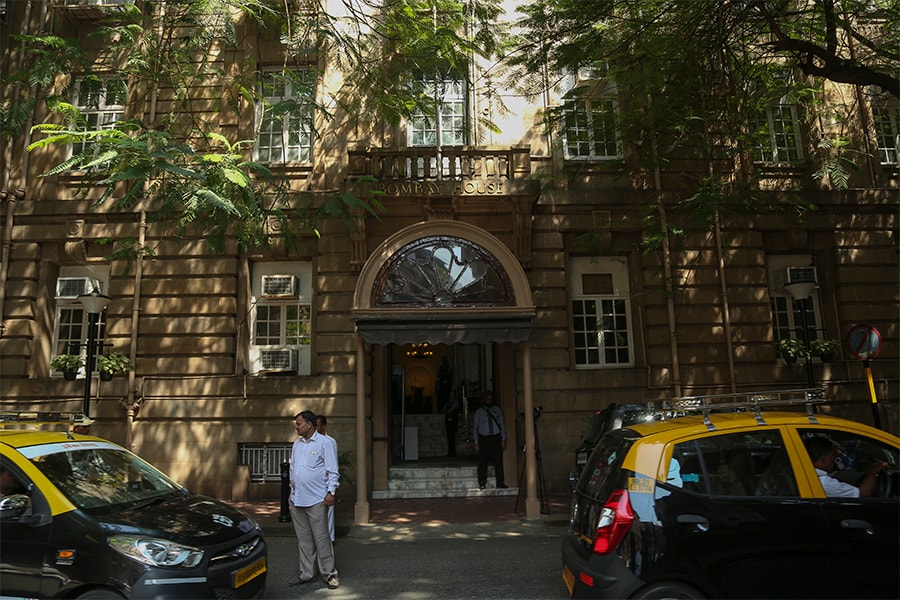
Tata Sons fires back, says Mistry treated group as fiefdom with unilateral actions
In a sharply worded statement it refutes the contents of Mistry's 14-page letter

Image: Joshua Navalkar
It hasn’t taken long for Tata Sons to hit back at its ousted chairman’s Cyrus Mistry 14-page letter bomb. In a statement issued late on Monday the holding company of the Tata Group dismissed the letter as a “rehashed version of his earlier statements, press reports and ‘leakages’ ” all of which it added had been already forcefully rebutted.
Mistry had released his letter in advance of the extraordinary general meetings (EGMs) of various Tata Group companies, which start with the TCS EGM on December 13. The two parties have been trying to galvanize shareholder support in advance of the EGMs.
Mistry had said that the Group was no one’s personal fiefdom and laid out what he believed were serious corporate governance issues. The issues arose due to the manner in which the Tata Trusts were structured as well as the concentration of power in the hands of the chairman of the trusts. He also laid out how he sought to improve the performance of the operating companies of the group.
While skirting the issue of the concentration of power in the hands of the chairman of the Tata Trusts, Tata Sons says that it was instead Mistry who concentrated power as he didn’t allow any representatives from Tata Sons on to the boards of various group companies as had been the practice in the past.
“When he was removed as the Chairman of Tata Sons, any other person would have stepped down from the chairmanship of the Tata operating companies because he no longer enjoyed the support of the principal shareholders of Tata Sons Ltd. Instead Mr. Mistry has chosen to fight this in the media even at the cost of hurting and damaging the Tata group, including Tata companies, even while remaining as its Chairman,” it said.
Mistry’s actions have caused the group and its shareholders enormous damage and considerable financial loss, running into the “tens of thousands of crores.” Since Mistry was ousted on October 24, 2016 Tata Group companies lost market cap in a knee jerk reaction but those share prices have largely stabilized as the market adopts a wait and watch attitude.
While the statement from Tata Sons hasn’t gone into as much detail as Mistry’s it states in no uncertain terms that the Tata Trusts (Sir Ratan Tata Trust and Sir Dorabji Tata Trust in particular) have been doing much more than their mandate. “It can be seen straightaway that what the Trusts have been doing so far is for the people at large and not for any individual or a family. What has come from the people, goes back to people several times over,” it says. The letter goes on to allege that while the Trusts deal with 450 NGOs Mistry chose to “duplicate the infrastructure solely responsible to him for various so-called ‘new initiatives. ’ ”
Once again Mistry’s now disbanded Group Executive Council (GEC) found itself in the line of fire. Mistry had set up the GEC as the Group's brains trust to act as a sounding board for ideas and to provide help to Group companies as and when needed. The statement says that it was Mistry who converted the group into his personal fiefdom with “his unilateral actions destroying precious institutional memory of the House of Tatas.”
CLICK HERE FOR FULL TEXT OF TATA’S STATEMENT
X





